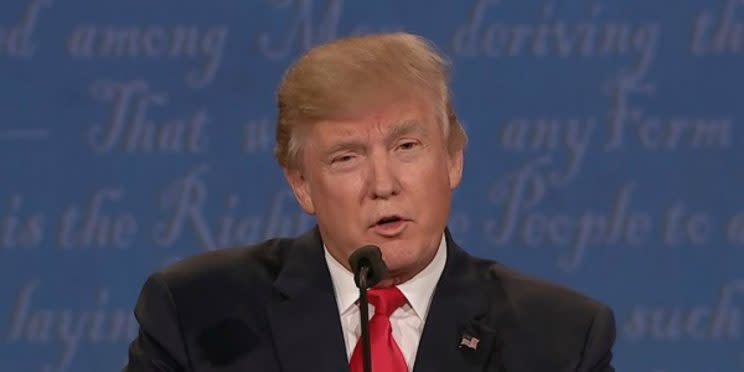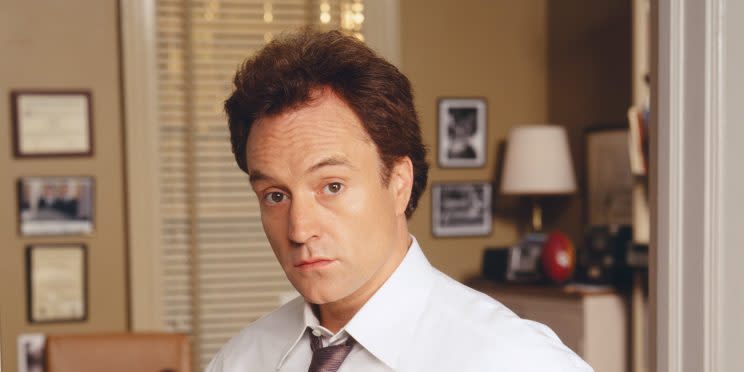Donald Trump’s election win led a promising television show to be cancelled before it even aired

Donald Trump’s election win led to days of protest from angry Hillary Clinton voters that couldn’t quite comprehend that he’d won, especially since she won the popular vote and lost the electoral college.
The repercussions of Donald Trump’s victory aren’t just still reverberating ferociously right now, but will come to the fore when he’s inaugurated in January, and they’ll leave an indomitable mark on the fabric of the country and probably the world for quite some time. With such rage and divisiveness permeating through the US, TNT decided last week to cancel the development of their war drama pilot ‘Civil’ because of how eerily close its dystopian future was to the here and now.
‘Civil’ was touted as a huge prospect when it was originally picked up in May by TNT and shot soon after. Especially since it was written by Academy Award nominated scribe Scott Smith (‘A Simple Plan’), directed by Allen Coulter (‘Hollywoodland’, ‘The Sopranos’, ‘Boardwalk Empire’, ‘House Of Cards’) and starred Bradley Whitford (‘The West Wing’), Courtney Vance (‘The People v. O.J. Simpson’), and Toby Jones (‘Infamous’).

But it was ‘Civil’s’ plot that troubled TNT, as it was set in the aftermath of a hotly contested Presidential election that saw America being plunged in a modern day Civil War. Sound familiar? It would have mixed the personal stories from individuals across the country, whose actions were sent across the world wide web in an instant thanks to social media and soon impacted the entire country.
TNT originally planned to air the pilot to coincide with the election result in November, but as the contest became more and more heated they wisely thought otherwise. Eventually, after much deliberation in the wake of Trump’s win they decided to pass on ‘Civil’, with insiders close to the show telling Deadline that it now “felt too close to home.”

 Yahoo News
Yahoo News 

